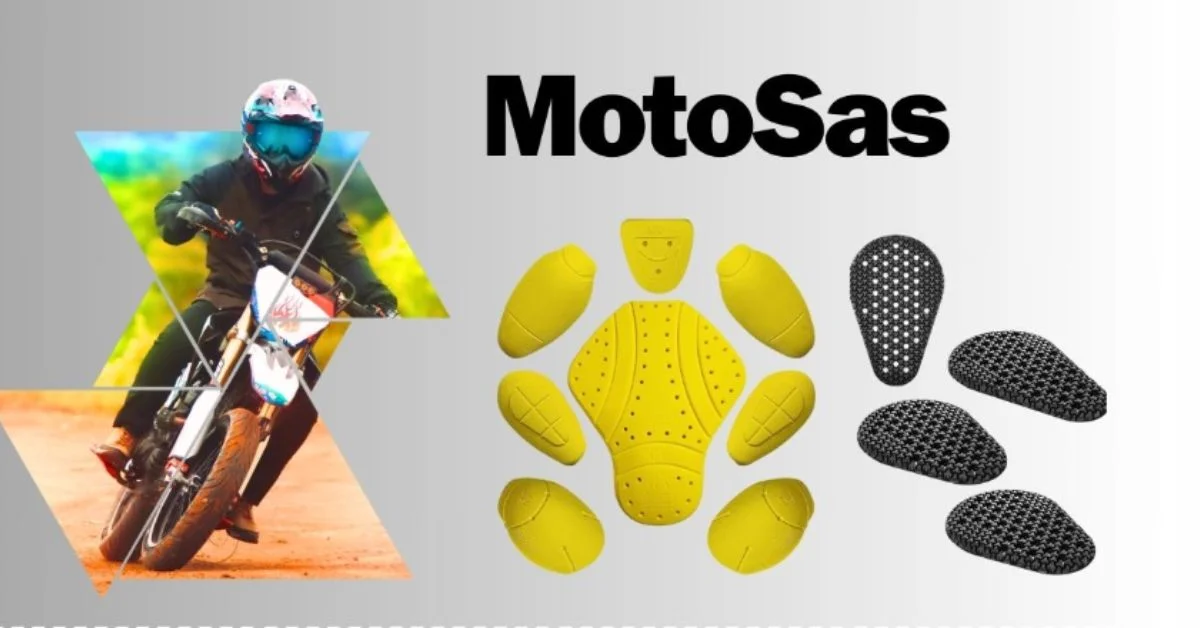The bustling streets of developing nations are seeing a transportation revolution driven by women – the rise of motosas. Motosas, or female motorcycle taxi drivers, are breaking down stereotypes and providing vital transport services in countries where mobility for women can be challenging.
This article explores the motosas phenomenon, its impact, and the stories of the courageous women behind the handlebars.
What are Motosas?
The term “motosa” is a playful adaptation of the word “motorcycle,” often with a feminine touch. In essence, motosas are female motorcycle taxi drivers. These women navigate busy roads with skill and confidence, providing an affordable and accessible mode of transport for other women, children, and increasingly, men. The concept is flourishing in countries across Africa, parts of Asia, and Latin America.
Why Motosas Matter?
Motosas fulfill a crucial need in many communities:
- Safe Transport for Women: In societies where gender norms can restrict women’s mobility, motosas provide a safe and comfortable way for women to travel. They offer a sense of security and can navigate areas where traditional modes of transport might be inconvenient or inaccessible.
- Economic Empowerment: Becoming a moto-taxi driver opens up avenues for women to achieve financial independence and provide for their families. It represents a defiance of traditional gender roles and creates opportunities for self-sufficiency.
- Essential Services: Motosas play a vital role in connecting people to markets, schools, hospitals, and other essential services. They are particularly important in rural areas or regions with limited public transport infrastructure.
- Breaking Stereotypes: Motosas visibly challenge the idea that driving motorcycles or operating taxis is a male-exclusive domain. They serve as role models and inspire other women to pursue their dreams in a society that might present barriers.
The Women Behind the Motosas
The women who become motosas come from diverse backgrounds, but they share some common traits:
- Resilience: Being a moto-taxi driver in often-chaotic traffic conditions requires strength and determination. Motosas face challenges ranging from prejudice to navigating harsh weather conditions, yet they persevere.
- Entrepreneurship: Many motosas are natural entrepreneurs. They see a need within their communities and find creative solutions to address it, demonstrating business savvy and independence.
- Community-Minded: Motosas forge powerful bonds with their passengers, often becoming trusted confidants and sources of support. Their services extend beyond mere transport, contributing to a stronger sense of community, especially among women.
- Ambition: For many motosas, this is not merely a job but a stepping stone to bigger aspirations. They use their earnings to fund education, invest in other businesses, and create better futures for themselves and their families.
Challenges and Opportunities
The world of motosas isn’t without its obstacles:
- Safety: Traffic conditions in developing nations can be dangerous, and motosas are vulnerable road users. They also encounter harassment or discrimination based on their gender.
- Regulation: Depending on the country, there might be a lack of clear regulations or support structures for motorcycle taxis. This can leave motosas without sufficient protection or the ability to formalize their work.
- Social Stereotypes: Motosas still encounter outdated social perceptions about women in “non-traditional” roles. They must navigate these biases while proving their professionalism and competence.
Despite these challenges, the potential for the motosas movement is immense:
- Organized Initiatives: NGOs and government programs are recognizing the value of motosas and providing training, safety equipment, and microloans to support their growth.
- Expansion: The moto-taxi concept has the potential to expand to other regions facing similar transportation and gender inequality issues.
- Technological Innovation: Ride-hailing apps adapted for motorcycle taxis could increase efficiency, safety, and access to the motosas’ services.
The Future of Motosas
Motosas represent far more than just a new type of taxi service. They are the embodiment of female empowerment, social change, and the pursuit of economic opportunity in the face of adversity.
As the movement gains momentum and societies progress, motosas have the potential to transform the transportation landscape and the very fabric of their communities. Their story is one of resilience, innovation, and the indomitable spirit of women everywhere.



